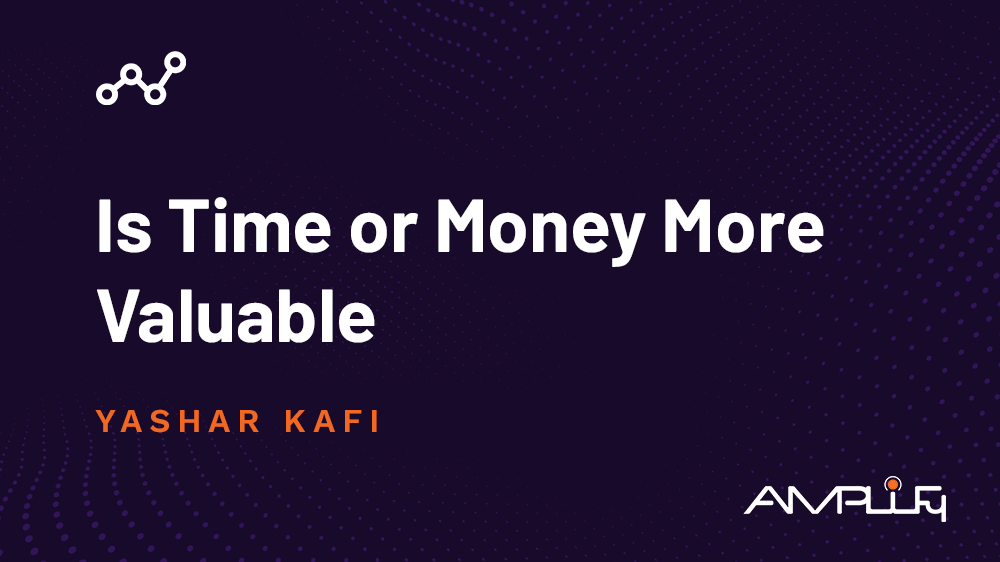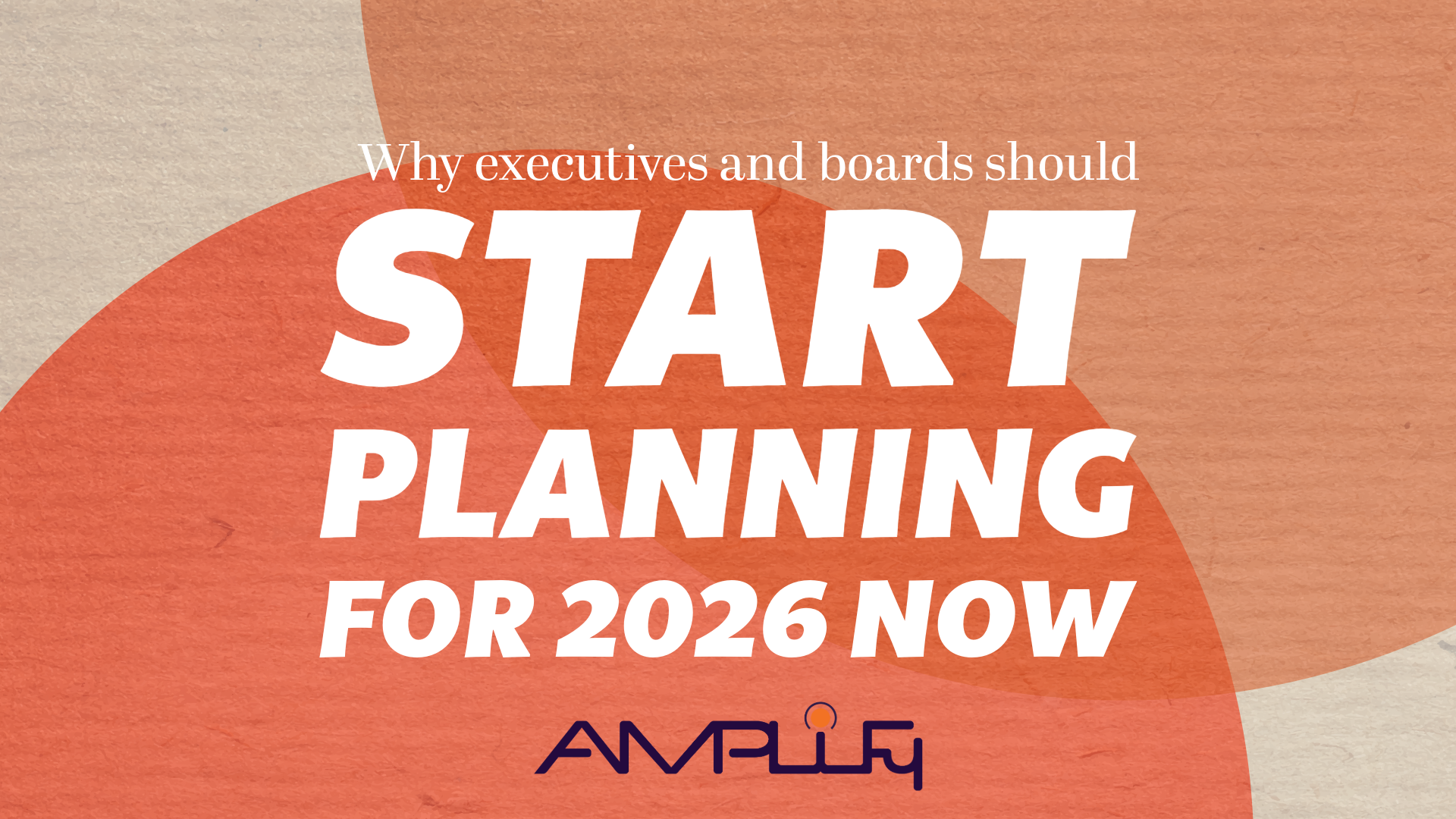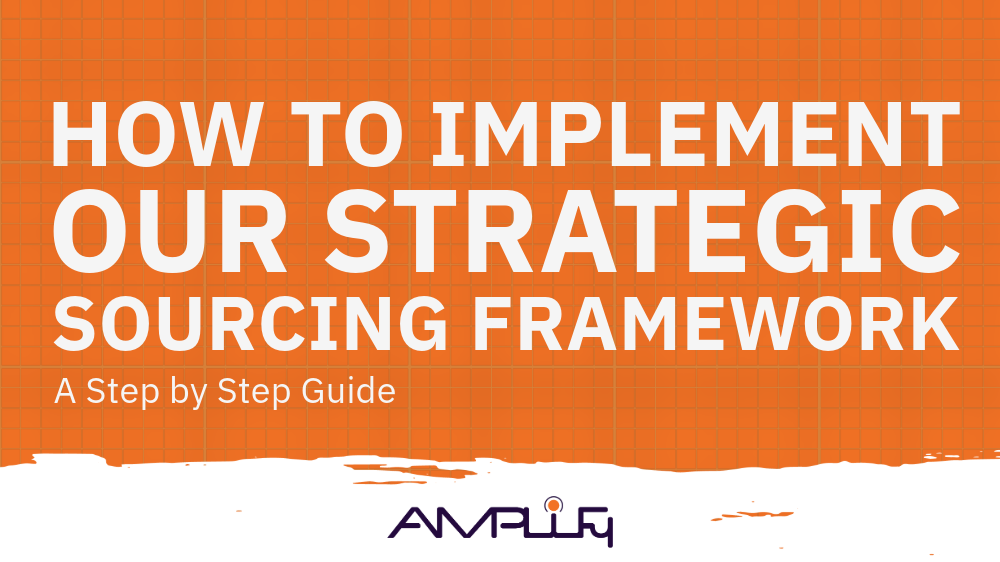Is Time or Money More Valuable
In the pursuit of a fulfilling life, the age-old adage, “time is more valuable than money,” rings true. While money can be accumulated through any number of means, time is an irreplaceable resource that cannot be increased, no matter how much money we spend. The intrinsic value of time lies in its finite nature, which means that all of us must be discerning with how we choose to spend it. Time is the currency of life, and how we invest it shapes the quality of our experiences and our impact on the world.
The desire to have a substantial sum of money in our bank accounts can be enticing for many. After all, the allure of financial security and/or the freedom and opportunities that such wealth affords us is undeniable. However, it is crucial to recognize that the process of amassing wealth does not lie solely in financial outcomes; the personal growth that accompanies the endeavor is, perhaps, even more valuable. The pursuit of robust finances
requires discipline, perseverance and a commitment to self-improvement—pushing us beyond our comfort zones and allowing us to discover our potential.
The path to reaching a substantial financial goal demands dedication, perseverance and continuous learning. It necessitates the knowledge and mindset to foster innovation and adaptability. For example, the journey to earning $1 million encompasses a whole host of valuable experiences and challenges that shape an individual’s character and outlook on life. Along the way, those making this journey will encounter setbacks and failures that will test their resolve and teach them valuable lessons about resilience and determination.
With that being said, there are individuals who prioritize amassing/spending a significant sum of money without necessarily undertaking the process of earning it themselves. While such an approach may provide immediate gratification and access to material possessions, it does not necessarily lead to long-term fulfillment or personal growth. The accumulation of wealth without the associated effort and investment of time will never lead to the same sense of accomplishment and satisfaction as self-generated success. True fulfillment is not just a
result of possessing wealth but a feeling of achievement and self-reliance that arises from hard work and dedication.
In essence, the pursuit of wealth is a multifaceted endeavor that involves a
delicate balance between time and money. Time spent wisely—whether in the pursuit of financial goals or personal growth—is an investment in oneself that can lead to a more fulfilling and purposeful life. By acknowledging the value of time and embracing the process of both learning and earning, individuals can not only achieve financial milestones but also develop a greater appreciation for the journey and the invaluable experiences gained by walking that arduous path.
All in all, there is no doubting that the adage, “time is more valuable than money,” is profoundly insightful. While lofty financial goals (like amassing $1 million) can be compelling aspirations, they are not more important than the processes of learning that make such goals attainable. These processes are also the catalysts for individuals to learn, grow and cultivate the necessary skills and mindsets for sustained success. If we appreciate the inherent value of time, we will lead more fulfilling lives—armed, as it were, with both wealth and wisdom. To put it plainly: the pursuit of wealth must be intertwined with the pursuit of personal growth, otherwise we lose the true value of both.




